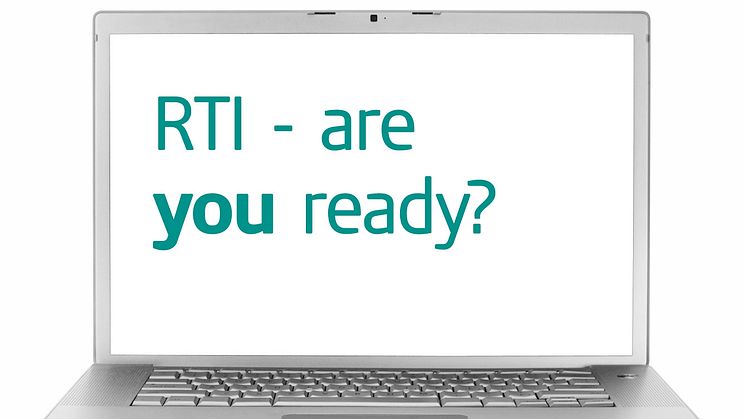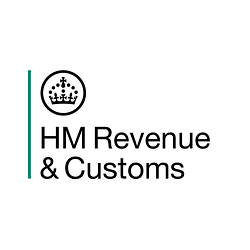
Press release -
RTI letters for missing deadline
More than 1.6 million employer PAYE schemes, covering over 40 million individual records, are already reporting in real time since the launch of new reporting requirements in April, and any employers who have failed to follow the new process have been urged to act now by HM Revenue and Customs (HMRC).
Employers or agents (acting on behalf of their clients) who have set up unused PAYE schemes should contact HMRC to close them.
This month, around 167,000 employers who have missed one or more deadlines for reporting PAYE will receive a letter. Employers need to act now and start reporting in real time. If employers have not reported because they don’t pay anyone, the PAYE scheme has closed or it is no longer operating, they still need to let HMRC know by calling our Employer Helpline. More information can be found here.
HMRC’s Director General for Personal Tax, Ruth Owen, said
“Over 85 per cent of employers are now reporting PAYE in real time but our records show that 167,000 employers have yet to send us a PAYE submission. Reporting PAYE in real time makes it easier for employers to pay HMRC the right amount and avoid late payments and penalties.
“If agents have set up, on behalf of their clients, PAYE schemes that have never been used - or their clients’ PAYE schemes have now ceased - they should call HMRC to close the scheme.”
PAYE information reported in real time is already being used by the Department for Work and Pensions (DWP) to calculate Universal Credit amounts paid to people in its pathfinder pilot in the north west of England, ensuring the amount of benefit accurately reflects their level of income.
Notes for editors
1. Employers who have already missed a deadline for reporting PAYE information received a letter in June. We also wrote to all employers in October 2012, and again in February 2013, to let them know how to prepare.
2. Real Time Information (RTI) represents the biggest change to the payroll system in over 60 years. It is designed to reflect the labour market fluidity of the 21st century and deliver improved accuracy to employers and employees. RTI means employers and pension providers report deductions and payments they make to HMRC at the time they are made, rather than after the end of the tax year, as at present. This enables the tax system to better ensure the right tax is being taken at source.
3. The RTI pilot was launched in April 2012 with just 10 employers and, by the end of the pilot on 5 April 2013, over six million individual records were being reported in real time.
4. HMRC believes many of these PAYE schemes can be closed because they don’t have any employees linked to them. However, it is important to note that there are some employers who are required to operate a PAYE scheme for expenses and benefits. In this case, employers should either submit a nil Employer Payment Summary (EPS) each month or contact us to change the scheme to annual and then send us a nil EPS once a year.
5. HMRC is not writing to employers who have registered their PAYE scheme as an annual scheme.
6. Follow HMRC on Twitter @HMRCgovuk
7. HMRC’s flickr channel www.flickr.com/hmrcgovuk
Related links
Topics
Categories
Issued by HM Revenue & Customs Press Office
HM Revenue & Customs (HMRC) is the UK’s tax authority.
HMRC is responsible for making sure that the money is available to fund the UK’s public services and for helping families and individuals with targeted financial support.

